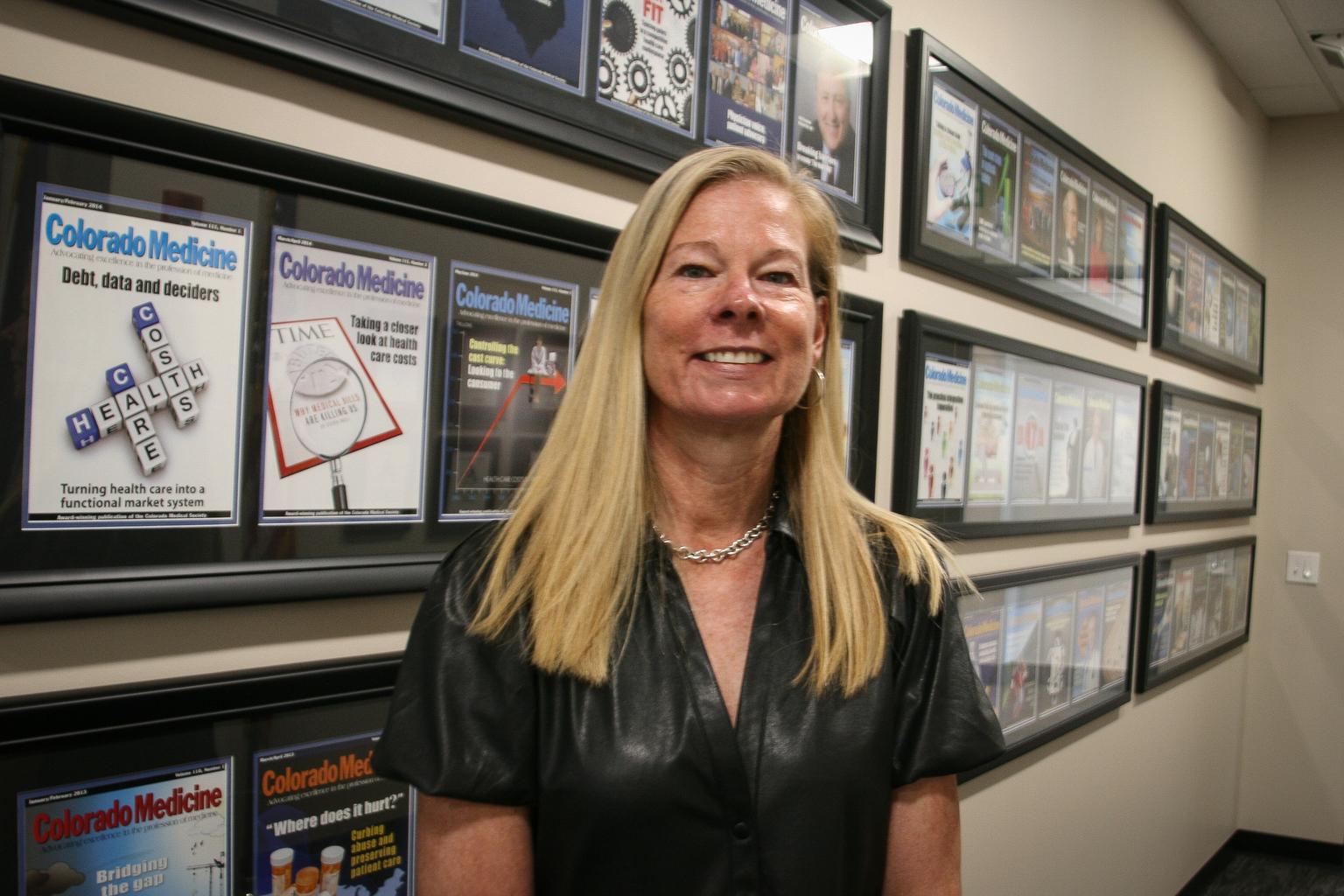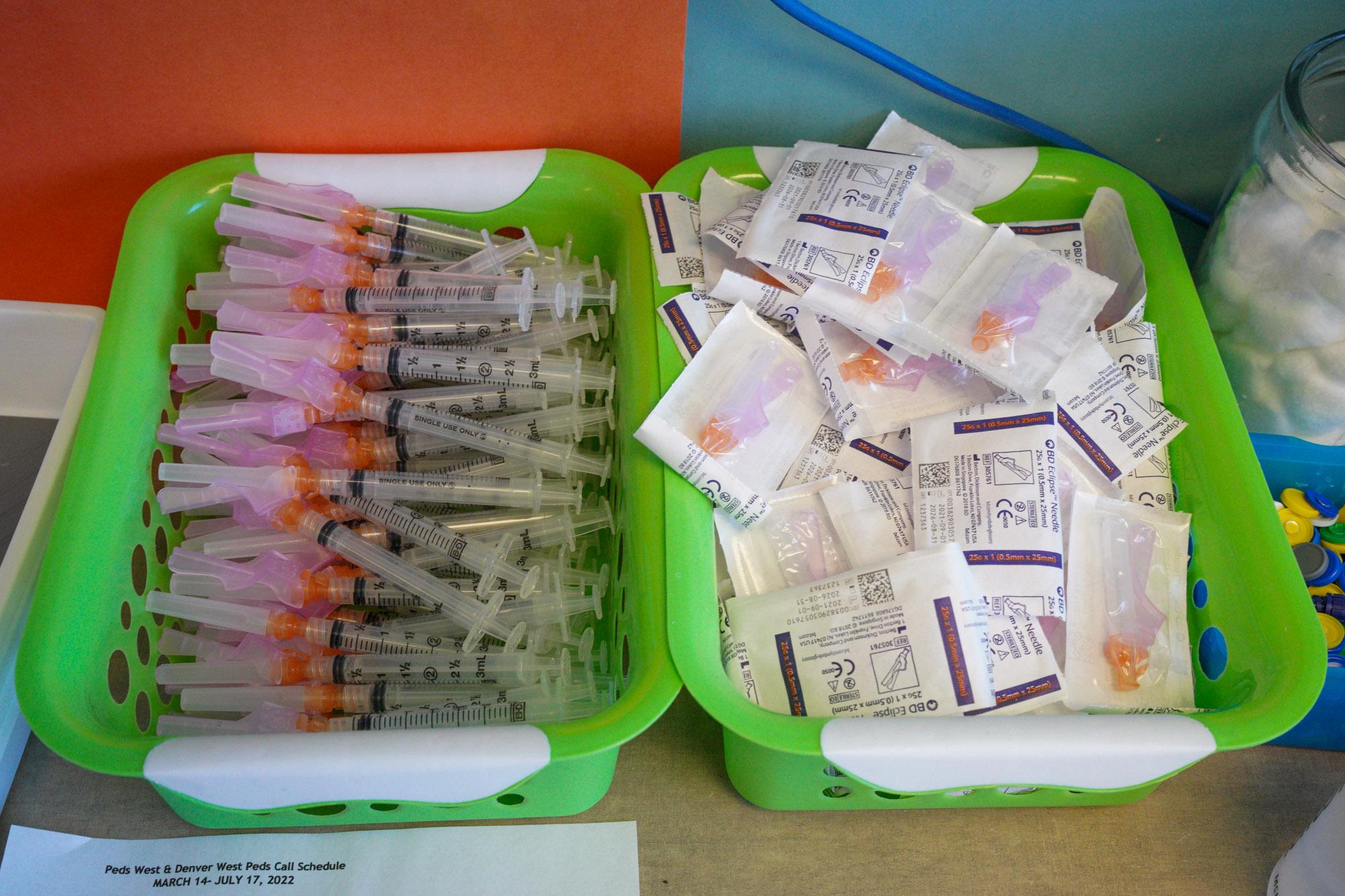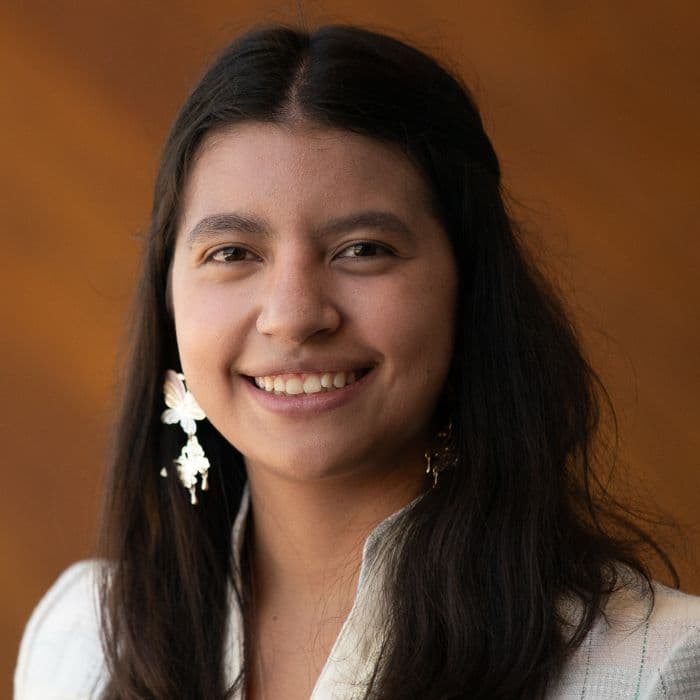
In September, Dr. Kim Warner was sworn in as the new president of the Colorado Medical Society, the largest organization of physicians in the state. The nonprofit has more than 7,000 members across all specialties and employment settings. Part of its mission is “to improve Colorado’s health care environment for physicians and the patients they serve.”
Warner has 25 years of experience as an obstetrician and gynecologist with the Colorado Permanente Medical Group. and has a long history with the medical society. She previously served on its board and also as its board chair. She’s worked toward policy improvements and supporting the well-being of physicians across Colorado.
"I am honored to serve as president of the Colorado Medical Society working alongside such dedicated physician members," Dr. Warner said in a press release. "Together, we will continue to advocate for our profession and our patients, ensuring that the highest standards of care are upheld in Colorado."
Warner spoke to CPR health reporter John Daley about her new role.
This interview has been edited for length and clarity.
John Daley: What are the Colorado Medical Society’s top priorities?
Warner: This year's really exciting. Not only, obviously we're starting an election year, but we're also doing a new strategic plan for the Medical Society. So that's sort of our main goal for this coming year.
Daley: And what will be part of that plan?
Warner: We're doing a huge membership push, as most organizations are doing now. But our main goal and our main focus is advocacy. So showing up at the legislature, being proactive around health care-related bills, education for our physicians, a sense of belonging. And we are always looking for stewardship, both in our budget and for our physicians as well.
Daley: What kind of power does the Colorado Medical Society have in terms of establishing standards and directives and then also regarding legislation?
Warner: So we have a huge power in the legislature. We have great lobbyists and we have an enormous presence there. We have a council on legislation that looks at all the healthcare related bills with our lobbyists, and we have a presence at the capitol and are well known with lobbyists and the legislators as well.
Daley: What kinds of things are you often advocating for in the legislature?
Warner: It's a myriad of issues. Anything from insurance issues, health care, equity, equality issues. We just recently finished the medical malpractice caps increase, talking about peer review. We did, last year, medical aid and dying. And so just a myriad of any healthcare related issues that might come up.
Daley: How important is your group to how medical care functions in Colorado?
Warner: Well, so we're very interested in obviously keeping our physicians educated. They then go into their respective communities and work on safety and quality.
Daley: You're not the first woman in this role as president of the Colorado Medical Society. Most of the past presidents have been men?
Warner: That is correct. There's been a handful of women that have preceded me, but I'm so honored to be in this position right now.
Daley: You're also an OB-GYN, obstetrician gynecologist. What difference does it make to have a woman and somebody with your background in this role, especially now with these issues being really prominent in the political debate?
Warner: Well, I think it's huge. Obviously women in general make health care decisions for their families, and a lot of those are women who are of reproductive age. So having your finger on the pulse of the health care needs of women is incredibly important. Plus, I was born to do this job — to take care of girls and women. So I feel like the passion that I bring to not only OB-GYN, but to the Colorado Medical Society, is incredibly interesting and addicting.
Daley: Tell me a little about your practice.
Warner: I have just transitioned in the past couple years, so now I'm an OB-GYN hospitalist, so I am based in a hospital. I do labor and delivery, so delivering babies, and I do emergency surgeries like ectopic pregnancies, things like that.
Daley: I wonder if you could speak to the broader issue of abortion. We saw Roe v. Wade overturned in recent years. What role should and does the Colorado Medical Society play in that broader issue?
Warner: As any membership organization, we have doctors that believe in many different issues and take stances on different sides of issues, and we definitely have people, doctors in our organization, in the Colorado Medical Society, who are pro-life and pro-choice. We do know that there is a ballot issue this year. We've already codified reproductive rights into the Colorado Constitution, but this one would actually take away the restriction for our Medicaid patients to be covered by the state.
Daley: Does the Medical Society take a position on the ballot measure?
Warner: We do not, again, because we have physicians that believe both ways.
Daley: Physician mental health is a key issue. Physicians face high levels of stress and burnout. There have been studies that have been published about the high prevalence of depression and higher rates of suicidal ideation. What can be done about this and what does the group hope to do on that issue?
Warner: Mental health, as you know, is a huge issue across the country, and specifically, yes, towards physicians. Physicians have a high rate of burnout and a high, as you mentioned, suicide rate. We have a great program that we just started last year. It's called Doc to Doc [Wellbeing Consulting]. So it is physicians helping physicians with their mental health needs in a very confidential fashion. (Note: Doc2Doc is a collaboration with the Colorado Physician Health Program. They have a 24-hour phone line where a master’s-level clinician answers and schedules a follow-up with a physician trained in psychiatry by phone, in person or virtual.)
Daley: And the thinking there is to help them work through mental health issues with somebody who's really familiar with their kind of work and the sort of stresses that they may be under?
Warner: Correct. What it is to be a doctor, and the passion we feel towards our profession and the high stakes that we have as physicians. We're dealing with very sick patients a lot of times, dealing with sick babies and moms some of the time. And we're these proud people that feel like we can maintain a high level of stress and not really break, and we're finding actually that we are breaking and that we need to have a way to be able to release that stress and to talk to mental health professionals.
Daley: What impact has the pandemic had on that issue on physician mental health?
Warner: I just think, again, it was another stress added to our jobs — being in full protective gear all the time and dealing with incredibly sick patients. Also being very isolated. Sometimes we were isolated from our families, particularly at the beginning of the pandemic when some of us couldn't go home and a lot of our physician colleagues were sick, so we would have to cover for them. So it was high stress and a high volume of patients and covering for a lot of our colleagues.
Daley: Let's talk about diversity. What's being done to diversify the physician workforce?
Warner: Our diversity, equity and inclusion group, we have a whole committee on diversity, equity, and inclusion in the Colorado Medical Society because we really value that our physicians look like the patients that we take care of. So it is a huge push for us to be able to integrate that into our medical society.
Daley: And at this point, the numbers for physicians of Black and Hispanic, Native American, and other groups not represented to their share of the population in Colorado?
Warner: I don't know numbers, but that is absolutely correct. But we definitely have more diversity here than a lot of the northern states, but for sure, we are not as diverse as we'd like to be.
Daley: In the coming years the U.S. is projected to have a major shortage of doctors in Colorado. Things may be better than elsewhere, but certainly in the rural parts of the state, they really struggle to recruit, develop, retain physicians. Is that another issue that's a priority for the group and what can be done on that front?
Warner: I mean, we're lucky on the one hand that we live in Colorado because people want to come to Colorado to practice. It is difficult to get physicians to stay in rural areas because it is just so very isolated. So I would say that it's a huge issue for all the states, but we need to be able to recruit and retain physicians, but also have our physician's assistants and nurse practitioners be partnered with our physicians in these rural areas as well.
Daley: That's part of the solution in less populated areas, for other professionals to help deal with that physician shortage, others that'll step in and that can work in those communities?
Warner: As long as we're all partnered together, the nurse practitioners, the physician's assistants, and the physicians.
Daley: I understand this is the second time a husband and wife have both been head of the medical society, so that's an interesting distinction. So your husband, Richard May, MD, was the president of this group, and this is now the second time that that's happened?
Warner: Correct. There's been two husband-wife teams that have been presidents. My husband was president 19 years ago. I know that because I was pregnant with my twins at the time that he was inaugurated. And then in the meantime another couple were both presidents.
Daley: What is your husband’s specialty?
Warner: He is an orthopedic surgeon by training, but now does hospital quality consulting around the nation.
Daley: Is there an area of health care in Colorado that you and in this role for the next year and also that the group sees as something that really needs attention?
Warner: I would say there's a few issues. Maternal morbidity and mortality. Health equity is huge. Again, mental health is another big issue. So those are our main issues that we're working on.








